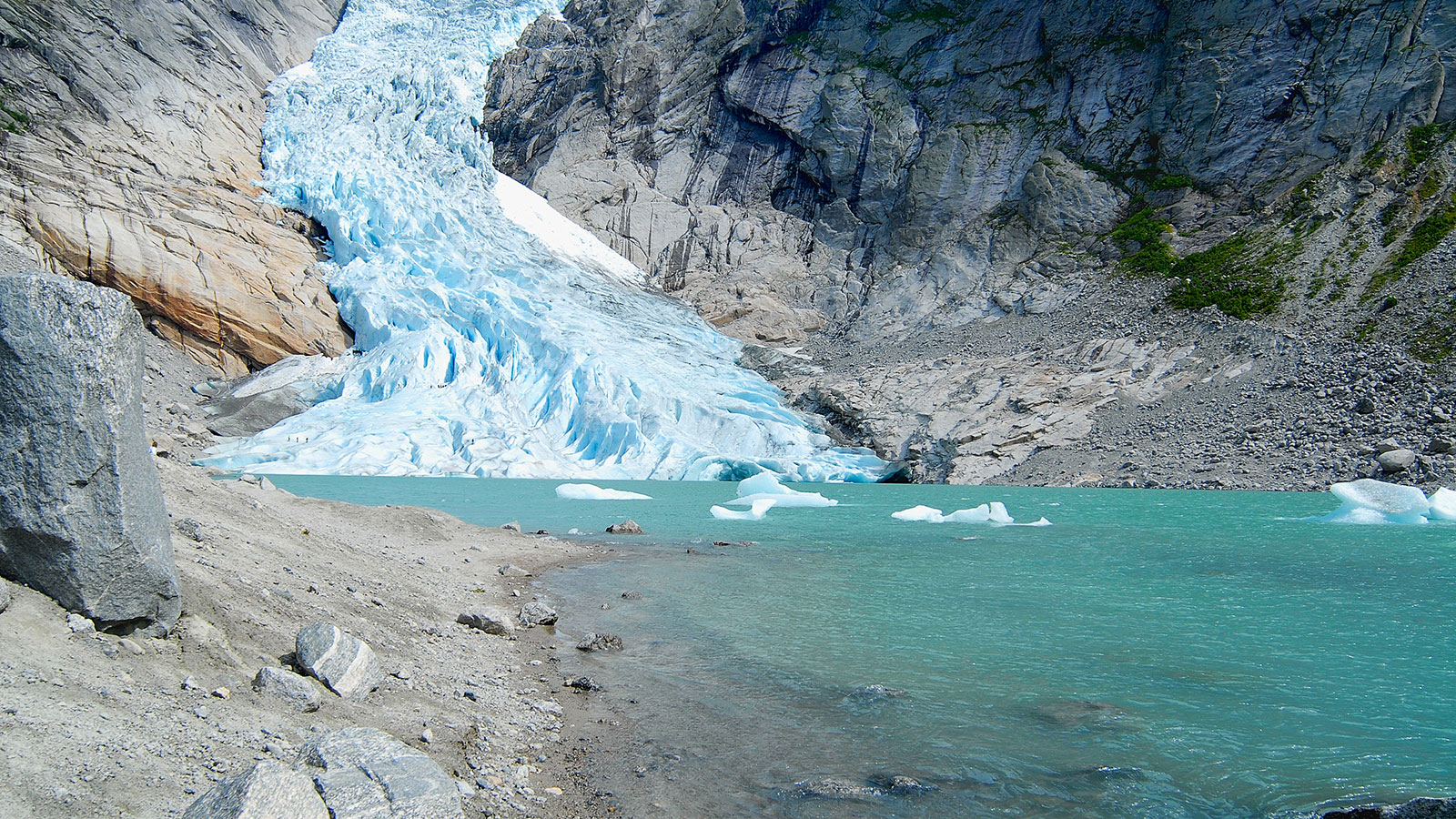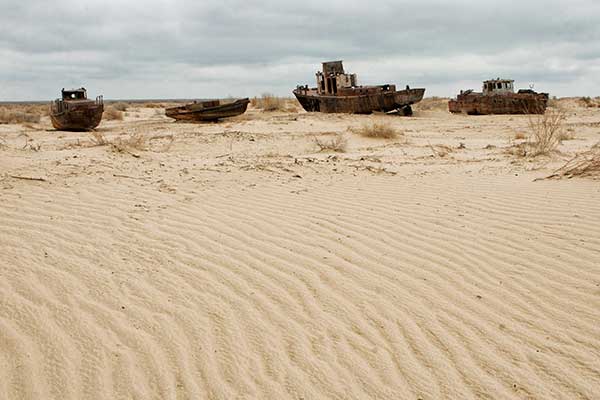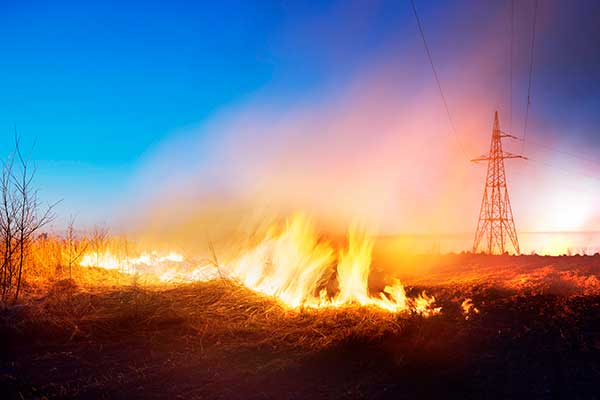
Tackling Climate Change
No single solution can address the super wicked problem of climate change. We are at a turning point. We must think big, act swiftly, and build creative partnerships to the climate crisis.
Climate change is the defining 21st century challenge. It’s also an opportunity to reimagine a better world.
To secure a stable climate, every sector of our society must rapidly reach net zero emissions, which requires a scale of change that’s never been achieved. Climate change is no longer a problem of the future because its impacts are already felt in the forms of extreme weather, rising sea levels, wildfires, and worsening food insecurity, all often falling disproportionately on the shoulders of the most vulnerable.
- Greenhouse gas emissions from land use, land use change, and ecosystem degradation represent 23 percent, or 12.0 +/- 3.0 gigatonnes of CO2e per year, of total net anthropogenic emissions.
- Reduction of emissions from land use change is one of the most cost-effective mitigation strategies. Ecosystem conservation, restoration, and enhancement yields numerous co-benefits for sustainable development, social resilience, and climate adaptation.
- Even with current NDC pledges, we are far from limiting global warming to 1.5ºC, but we’re not helpless. We can close the gap with rapid and widespread restoration.


The Problem
Addressing climate change requires a fundamental reimagination of how we grow our food, build our cities, and power our businesses. Even with efforts to increase national pledges under the Paris Agreement, the global community is likely to exceed 1.5 C of climate change. Exceeding this critical planetary threshold will undermine the stability of human and natural systems. The changes necessary to secure a just, resilient, and equitable future for everyone must begin as soon as possible.
Our Solution
The Carbon Institute envisions a shift in the role nature and communities play in addressing the climate crisis. The strategies that mitigate climate emissions from land use will also conserve biodiversity, restore critical landscapes, and safeguard ecosystem services.
Climate solutions require strong global collaboration and creative local action. The Carbon Institute aims to develop a new workforce that produces strategies tailored to local circumstances. We also need to secure the necessary funds for communities to conserve and restore their natural resources.
Climate solutions require strong global collaboration and creative local action. The Carbon Institute aims to develop a new workforce that produces strategies tailored to local circumstances. We also need to secure the necessary funds for communities to conserve and restore their natural resources.
The Carbon Institute Addresses Climate Change on 3 Fronts:
- Building community capacity to implement natural climate solutions
- Mitigating climate change by bringing emissions from land use change to zero by 2050
- Helping communities adapt to climate change by enhancing ecosystem-based adaptation

